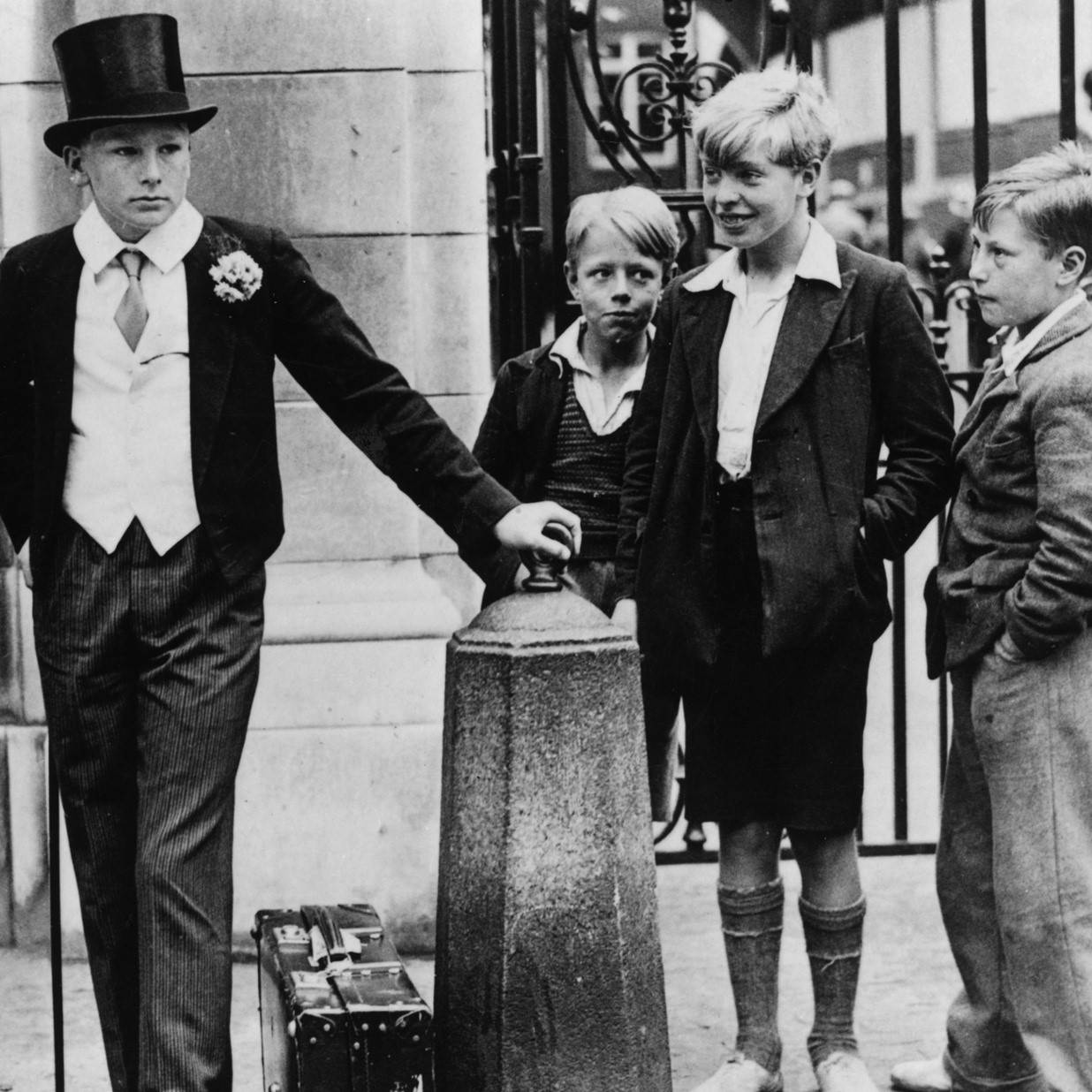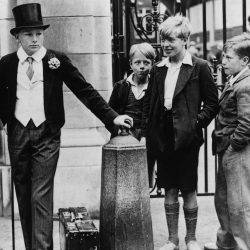April 5, 2017
Bumpy ride and slow uptake in first two years of shared parental leave rules 0
 It is two years since the introduction of Shared Parental Leave (SPL), where couples were given the ability to share leave surrounding the arrival of a new addition to their family; and while sharing leave is seen to have a profound beneficial impact for the family, there are still plenty of barriers. According to research from My Family Care, one of the largest is that there is a sense that it involves a big risk with real concerns around the impact on a father’s career if they were to take more than two or three months off. A second report from the charity Working Families found that despite the initial slow take up of new rights, more than half of fathers would use Shared Parental Leave. However, snapshot figures for the first three months of 2016 showed that 3,000 new parents were taking up the new right. If the maternity leave figure is taken as indicative of the number of couples with new babies at the time the new figures are in line with the bottom of the government’s 2013 estimated take-up range – between two and eight per cent of fathers.
It is two years since the introduction of Shared Parental Leave (SPL), where couples were given the ability to share leave surrounding the arrival of a new addition to their family; and while sharing leave is seen to have a profound beneficial impact for the family, there are still plenty of barriers. According to research from My Family Care, one of the largest is that there is a sense that it involves a big risk with real concerns around the impact on a father’s career if they were to take more than two or three months off. A second report from the charity Working Families found that despite the initial slow take up of new rights, more than half of fathers would use Shared Parental Leave. However, snapshot figures for the first three months of 2016 showed that 3,000 new parents were taking up the new right. If the maternity leave figure is taken as indicative of the number of couples with new babies at the time the new figures are in line with the bottom of the government’s 2013 estimated take-up range – between two and eight per cent of fathers.











 Today (29 March) the Prime Minister triggers Article 50 to begin the UK’s exit from the European Union, and a new piece of research claims that almost two thirds (62 percent) of HR professionals expect this to impact their HR strategy and more worryingly, over a third (35 percent) say that the leave vote will impact the profits of their business. According to the research from employee benefits specialist Secondsight, 37 percent have opted not to hire over the coming year, and 39 percent agreed that recruiting the right people into their business will now be more difficult than before the decision to leave was made. However, on a more encouraging note, 95 percent of the HR professionals surveyed will see their budget rise in 2017, and 18 percent plan to introduce new benefits in the year ahead.
Today (29 March) the Prime Minister triggers Article 50 to begin the UK’s exit from the European Union, and a new piece of research claims that almost two thirds (62 percent) of HR professionals expect this to impact their HR strategy and more worryingly, over a third (35 percent) say that the leave vote will impact the profits of their business. According to the research from employee benefits specialist Secondsight, 37 percent have opted not to hire over the coming year, and 39 percent agreed that recruiting the right people into their business will now be more difficult than before the decision to leave was made. However, on a more encouraging note, 95 percent of the HR professionals surveyed will see their budget rise in 2017, and 18 percent plan to introduce new benefits in the year ahead.
 Flexible working can increase employee job satisfaction and organisational commitment, but staff who work flexibly under an ad hoc arrangement appear to perform better than those who go through a more formal process, according to research from
Flexible working can increase employee job satisfaction and organisational commitment, but staff who work flexibly under an ad hoc arrangement appear to perform better than those who go through a more formal process, according to research from 





















April 3, 2017
Brexit should be a chance for the UK to enshrine employment rights 0
by Chris Rowley • Comment, Legal news, Workplace
More →